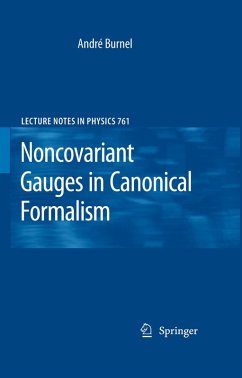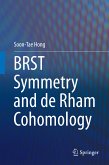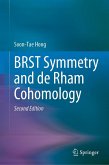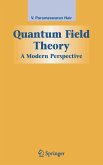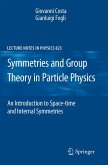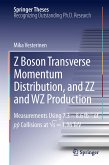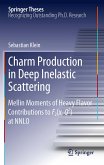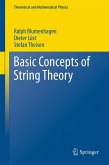The present work presents, in a rigorous way, a consistent formulation for the handling of noncovariant gauges in the quantization and renormalization of gauge theories. Though the path integral method is very convenient for the proof of unitarity and renormalizability of gauge theories, the canonical formalism is eventually necessary to expose the issues in a self-consistent way.
These notes are written as an introduction to postgraduate students, lecturers and researchers in the field and assume prior knowledge of quantum field theory.
Dieser Download kann aus rechtlichen Gründen nur mit Rechnungsadresse in A, B, BG, CY, CZ, D, DK, EW, E, FIN, F, GR, HR, H, IRL, I, LT, L, LR, M, NL, PL, P, R, S, SLO, SK ausgeliefert werden.
"This book develops a consistent formulation for the handling of noncovariant gauges in the quantization process. ... provide the setting of the noncovariant gauge theories on the same levels of consistency as the covariant ones, by means of the canonical formalism. ... the author has also included a detailed and complete description of the quantization theory of constrained systems. ... All in all, this comprehensive ... monograph represents a gratifying addition for graduate students and researchers from high energy physics, gauge theories and related areas." (Vladimir Balan, Zentralblatt MATH, Vol. 1159, 2009)
"In this book the quantization of abelian and non-abelian gauge theories in non-covariant gauges in the canonical formalism is treated in detail. ... great value to anyone involved with the quantization of gauge theories, or even with gauge-fixed gauge theories in general, and provides essential knowledge. ... the book can also be highly recommended to advanced students for an extra insight into the complexities of gauge theories. ... this book is a definite must-read." (Axel Maas, Mathematical Reviews, Issue 2010 a)

